26 November 2008, 13:15
Sokiryanskaya: residents of Georgian villages in South Ossetia feel extremely unsafe
On November 21, 2008, Russian human rights activists made a visit to the Leningor District of South Ossetia bordering on Georgia. Ekaterina Sokiryanskaya, a representative of the Human Rights Centre (HRC) "Memorial", who took part in the visit, told the "Caucasian Knot" in her interview about the distress of the villagers in the District.
After the August events, because of hard access and remoteness, the Leningor District was very seldom visited by human rights activists and journalists.
"In the course of the visit, we managed to talk to the residents of the villages of Mosabruni, Ikoti, Kanchaveti and Korinta, inhabited by Georgians, and also the villages of the District, jointly inhabited by Ossetians and Georgians," said Sokiryanskaya. "The atmosphere was tense in the Georgian villages."
According to estimates of the interrogated peasants, after the August events in South Ossetia, some 70-80 percent of the population have left for Georgia.
"Supply of foodstuffs was not organized. The villagers said that earlier they used to buy food in Tbilisi, but now, because of the customs, bringing primary commodities to South Ossetia is difficult. Once, in early November food was provided by Red Cross; later, the residents of the villages we visited received nothing," the human rights activist said.
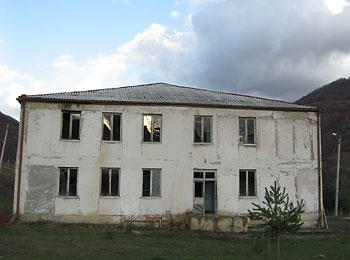
According to her story, the medical aid was not organized either. "The villages lack ambulance points, medical specialists and medicines. In case of urgent need, people hope to bring their patients to Tbilisi; they don't see Tskhinvali as destination for the purpose. "I sooner die here than go there," a resident of Ikoti village expressed the general opinion. Transportation to Tbilisi is organized, fixed-route taxis go on a regular basis, the human rights activist has confirmed.
School in Korinta village
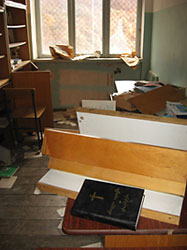
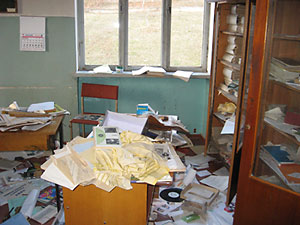
The HRC "Memorial" employee said that Georgians were cautious when asked the most sensitive question about safety and illegal actions of Ossetian civil guardsmen.
"They all said 'yes, we know facts', but when asked about details they evaded the issue, asserting that they heard about beatings and robberies, but they didn't concern them personally. They also said that in Kanchaveti village on November 20 an old man was buried who died from beatings by Ossetian civil guardsmen," said Ekaterina Sokiryanskaya.

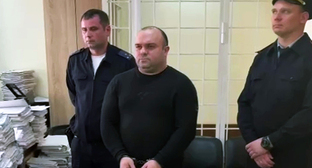
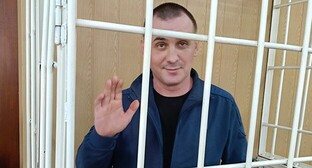
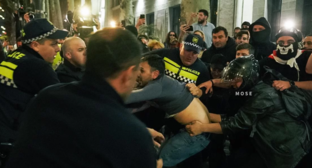
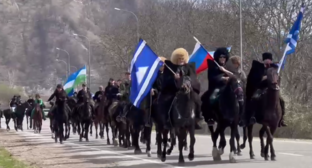
Комментирование через Кавказский узел